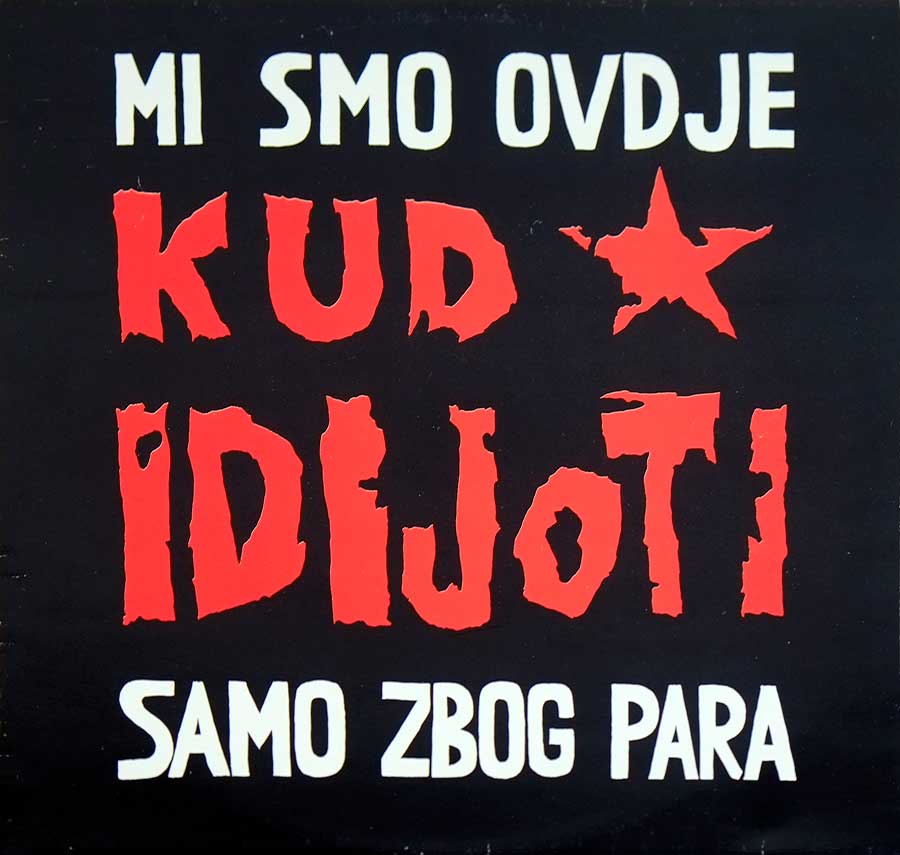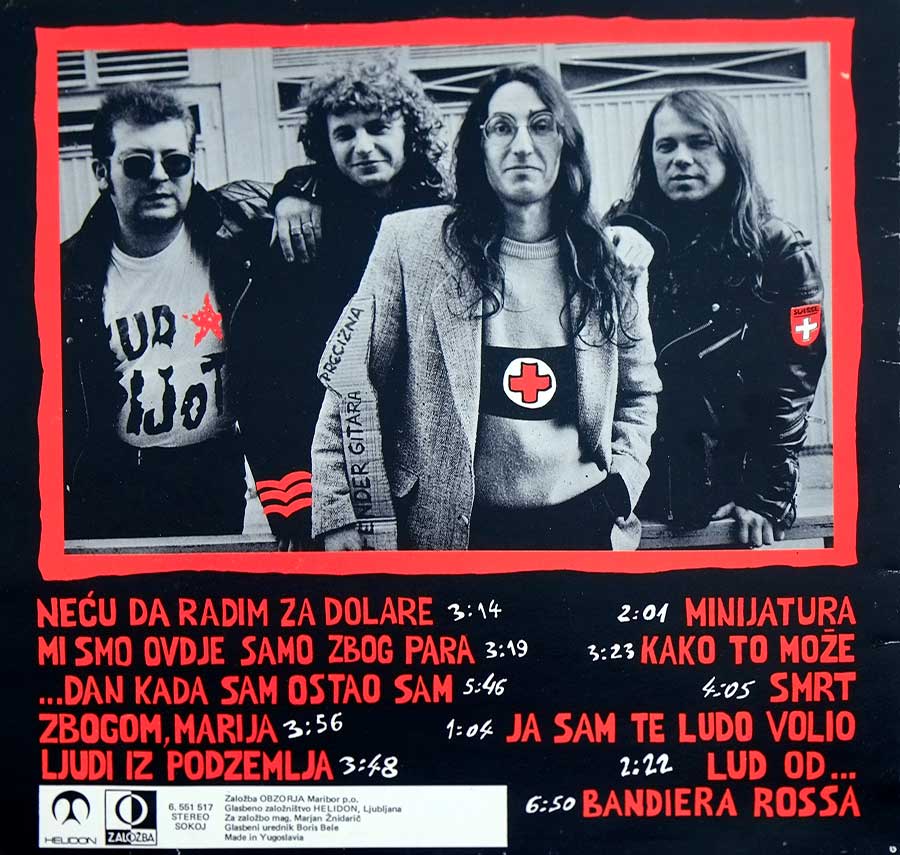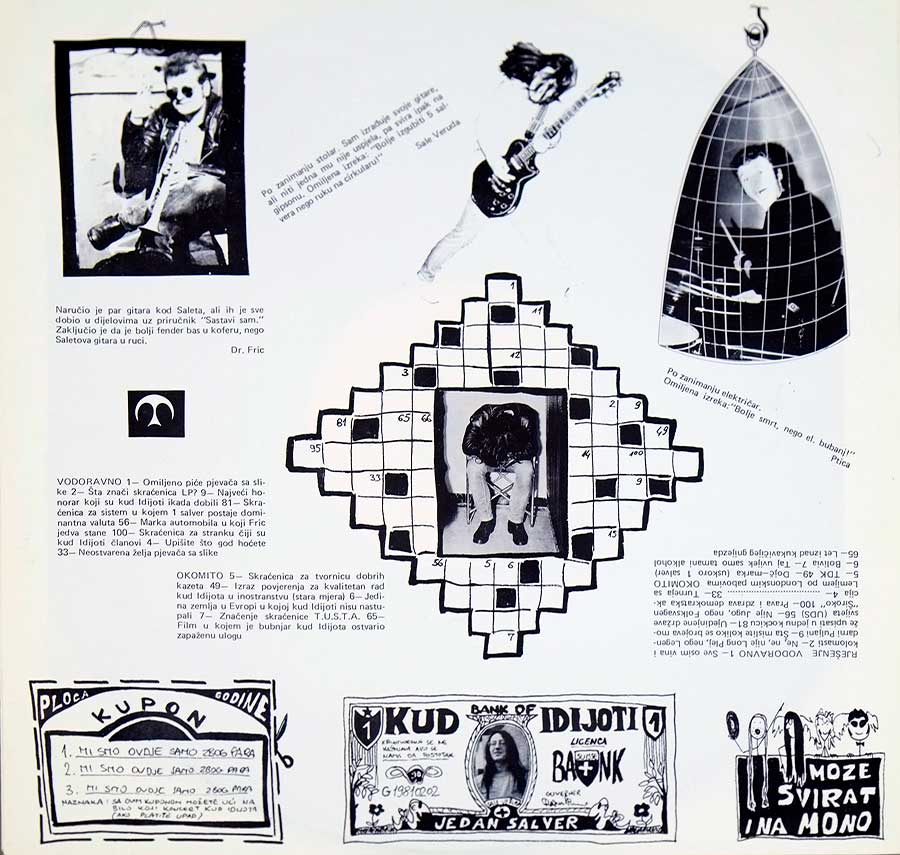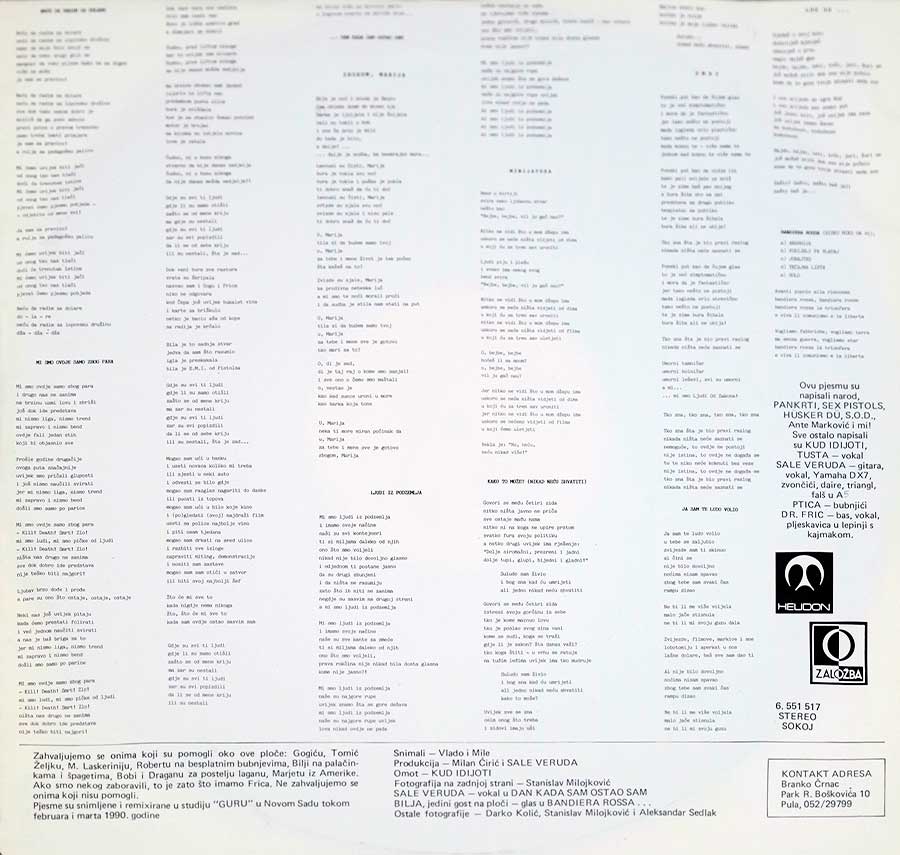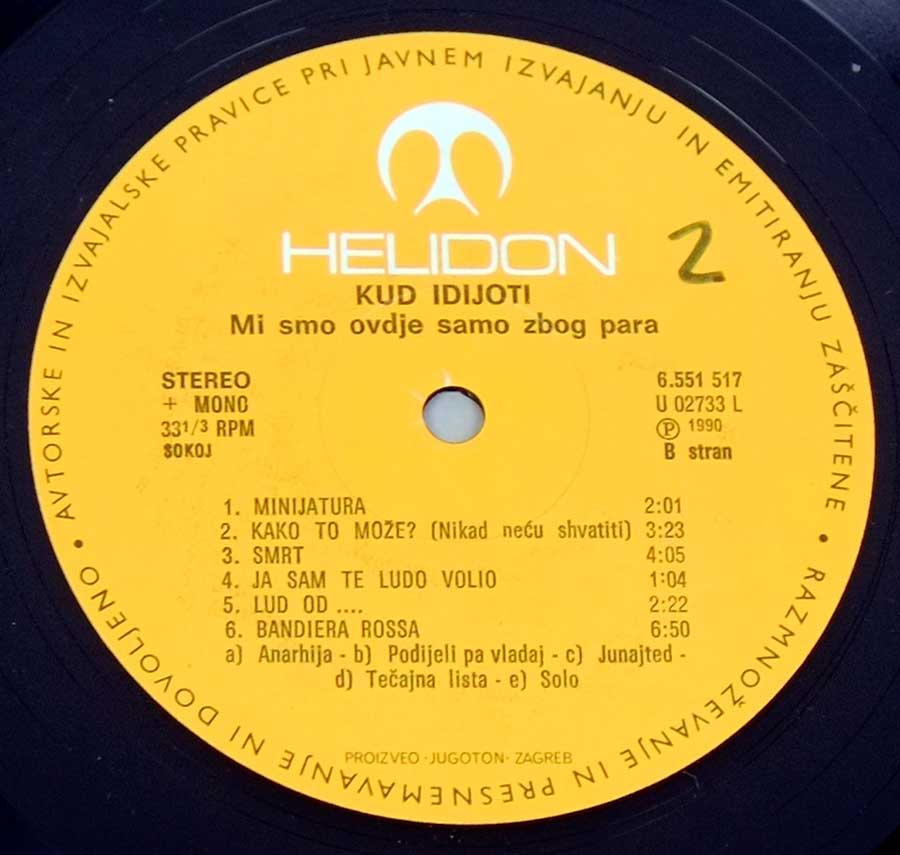In the tumultuous late 1980s, as Yugoslavia teetered on the brink of collapse, a raw and defiant punk rock album emerged from the coastal town of Pula, Croatia. KUD Idijoti's "Mi Smo Ovdje Samo Zbog Para" (We're Only Here for the Money) was a sonic middle finger to the establishment, a cathartic expression of frustration and disillusionment amidst societal upheaval.
Historical Context
Released in 1990, the album captured the zeitgeist of a nation grappling with political instability, economic hardship, and rising ethnic tensions. KUD Idijoti, which translates to "The Idiot Folk Ensemble," channeled this collective angst into their music, their lyrics dripping with cynicism and social commentary.
Musical Exploration and Genre
"Mi Smo Ovdje Samo Zbog Para" is a relentless assault of fast-paced, guitar-driven punk rock. The band's sound is heavily influenced by British punk pioneers like The Clash and Sex Pistols, but with a distinct Yugoslav flavor. The lyrics, delivered in a raw and aggressive style by vocalist Branko Cÿrnac Tusta, are often politically charged, tackling issues like corruption, war, and social injustice.
Controversies
The album's title track, "Mi Smo Ovdje Samo Zbog Para," became an anthem for a generation disillusioned with the empty promises of capitalism and consumerism. The song's provocative lyrics and the band's rebellious image earned them both acclaim and condemnation. Some critics accused them of promoting nihilism and cynicism, while others praised their unflinching honesty and social critique.
Production Team and Recording Studio
The album was recorded at the Jugoton studio in Zagreb, produced by veteran producer Goran Lisica Fox. The production is raw and unpolished, reflecting the band's DIY ethos and punk rock roots. The album's sound is characterized by its driving guitars, pounding drums, and Tusta's distinctive vocals.
